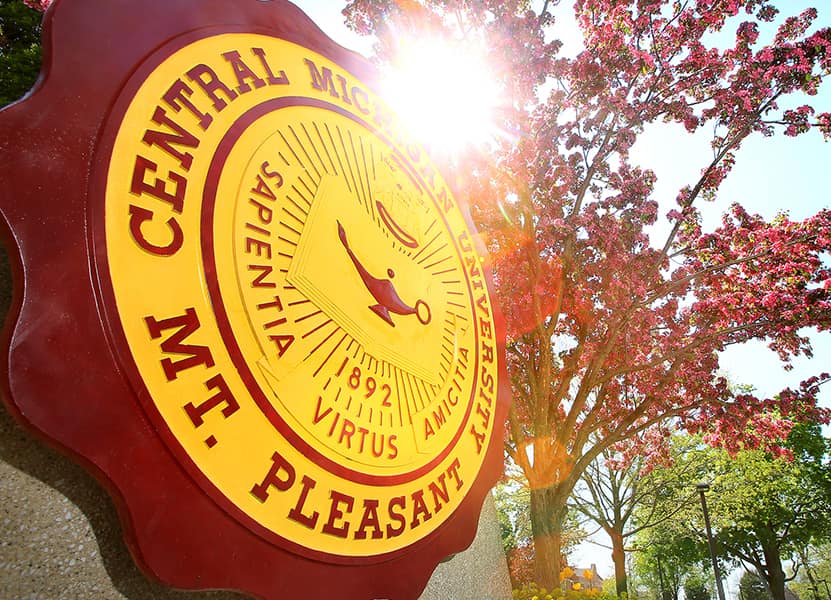The strength of the collection is the Meeting Minutes of the Academic Senate, and its related committees and Executive Board, 1980-2000. Other materials found in the collection include: Academic Senate Chairperson Correspondence, 1980-2000; Undergraduate Curriculum Minutes, 1978-1994; School and later College Curriculum Committee Minutes, 1980-2000; Dean’s Advisory Councils Minutes, 1980-2000; Miscellaneous Minutes of the MSA Council, 1999-2005. Also included are Academic Senate Committee Documents, 1980-2000; Senate Minutes, 1983-1984. Materials are organized chronologically and then alphabetically in an order used by the Secretary of the Academic Senate. Original order was maintained. This 2009 addition is a continuation of the CMU. Academic Senate Organizational Records, 1940-2003, 23.5 cubic ft. (in 25 boxes) donated in 2002-2004. See separate finding aid for the 1940-2003 collection.
Organizational History:
The Academic Senate of Central Michigan University (CMU) was established in 1964 as the University Senate. In 1970 the name was changed to the “Academic Senate.” According to its Constitution (editorially revised 1996), the current role of the Academic Senate’s role is to serve as a legislative body at CMU in which representatives of the faculty can deliberate in the determination of academic policies. The Senate shall: Sec. 1 Consider any matter relevant to the general welfare of the faculty, and will receive, render advice, or otherwise act upon all matters referred to it by the President of CMU, administrative officers and department chairpersons, administrative boards, committees and councils, Senate committees, schools, colleges, departments, students, and faculty members of CMU. Sec. 2 Define functions and establish and discharge Senate committees dealing with academic matters. The Senate may establish any committee it deems appropriate. Sec. 3 Deliberate and legislate upon matters of concern to the faculty, involving students, staff, instruction, financial policies, University planning, and University organization when related to academic affairs, including A. Encourage and approve the establishment of a democratic organization of the faculty of each school or college with the commonly acknowledged right of that organization to speak for the faculty of that school or college; B. Standards for admission, selection, and retention applicable to all students of the University; C. Requirements for granting of degrees to all students of the University; D. Standards and policies for the granting of honorary degrees …; E. All curricular requirements applicable to all students of the University; F. Policies pertaining to instructional standards throughout the University; G. Promotion and facilitation of academic and instructional research; H. Procedures for faculty participation in the selection and retention of chairpersons of departments, deans, and President; I. Standards for public information programs dealing with educational matters; J. Endorsement and preservation of standards of academic freedom throughout the University; K. Standards for student rights, privileges, discipline, and probation; L. Standards for appointment, promotion, tenure, and dismissal of faculty members; except as covered by collective bargaining agreements. M. Programs of faculty welfare such as salaries, insurance, and leaves of absence, and other collateral benefits; except as covered by collective bargaining agreements. N. Financial policies and University planning, when it becomes necessary and proper. Sec. 4 Serve as a forum for free discussion of questions of common concern. Sec. 5 Report its actions to the faculty by distribution of minutes, and/or by announcements, and/or reports. Sec. 7 Determine its own rules of procedure within the scope of this Constitution and its Bylaws. (This information is from the collection.)
